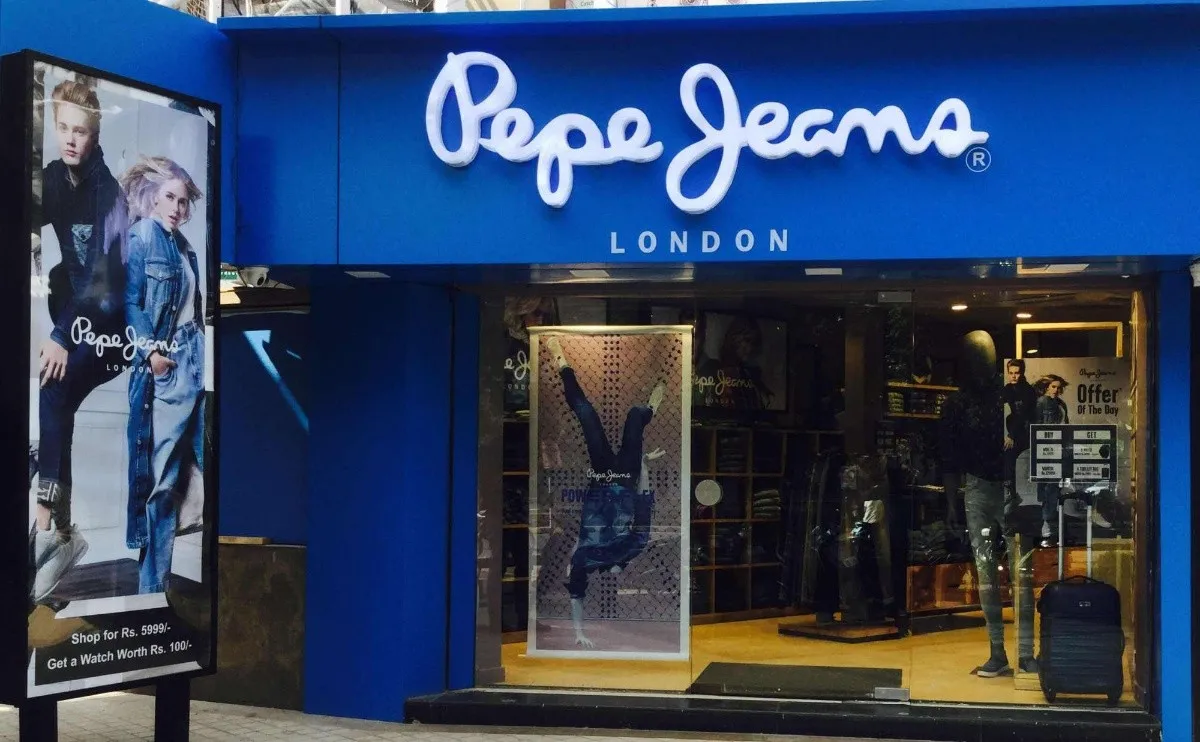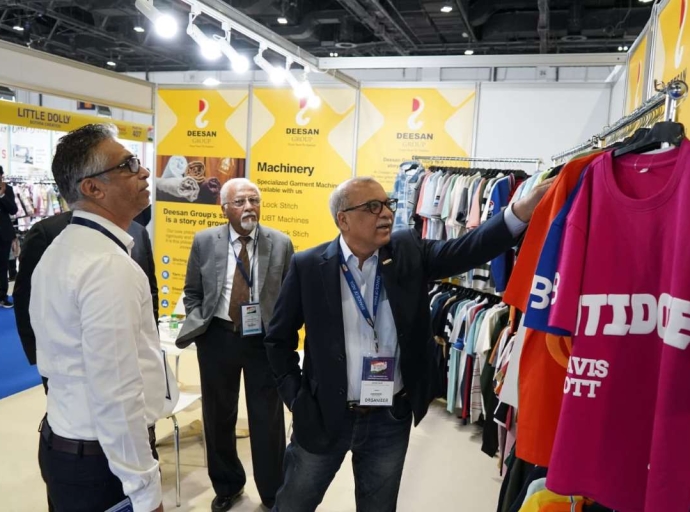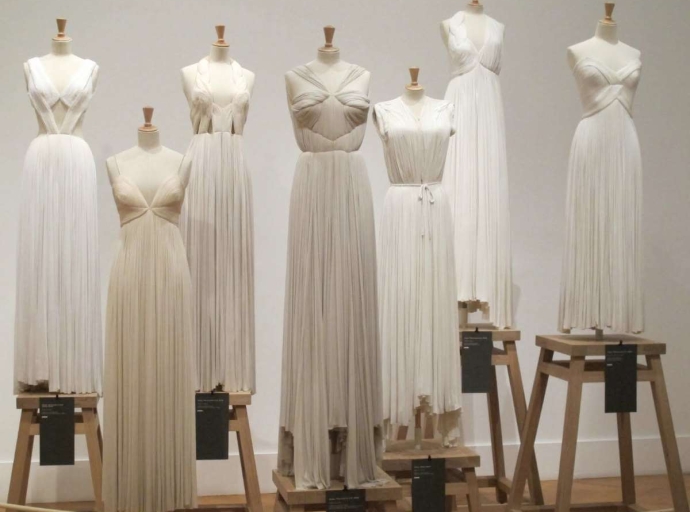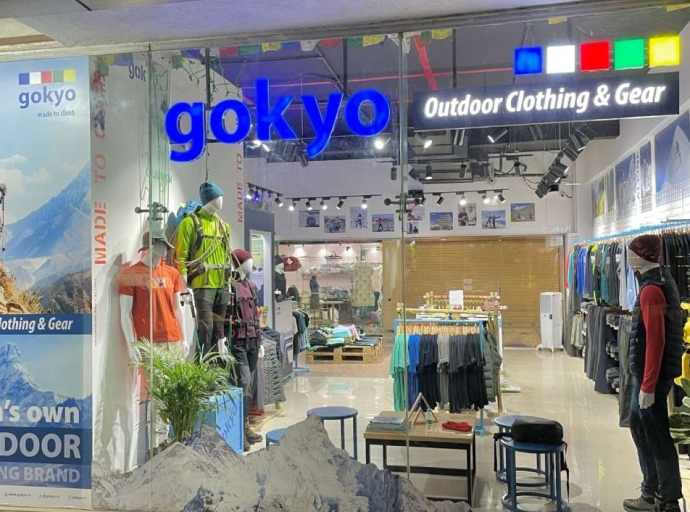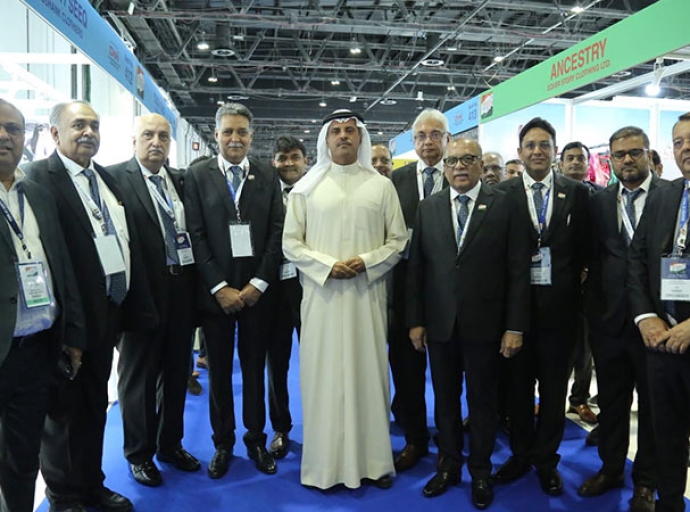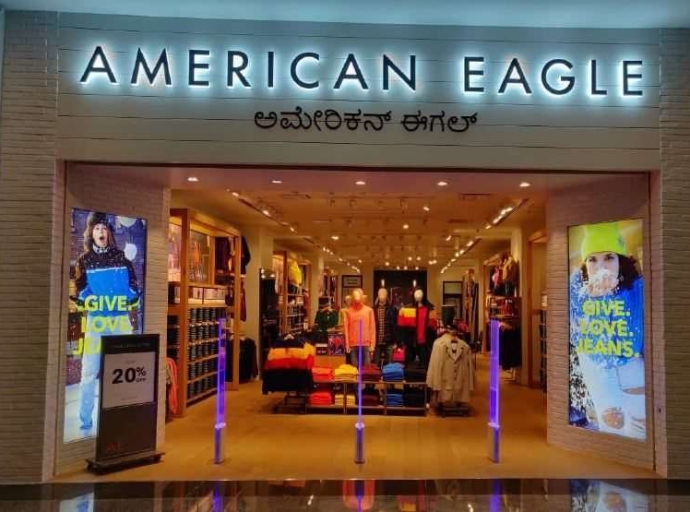25 November 2023, Mumbai
The innerwear industry is experiencing a significant surge globally, driven by increasing disposable incomes of the youth who emphasize on the fusion of evolving style trends and comfort.
This once discreet segment is now stepping out of the shadows to become a global fashion statement. Whether individuals are showcasing confidence for their own satisfaction or presenting it to the world, the innerwear sector in India has witnessed remarkable growth, particularly in the post-pandemic era, thanks to the growing influence of social media.
Dynamics
Companies within the innerwear industry are strategically focusing on both top-line and bottom-line growth to maximize profits. They are making concerted efforts to capture the attention of the youth category, recognizing it as a prime market offering immense opportunities for sales and expansion.
A recent Textile Value Chain (TVC) report indicates, , the innerwear market is currently segmented with men's wear leading at 82 per cent, women's wear at 15 per cent, and kids' wear at 3 per cent of the overall market. Analysts are optimistic that from 2020 to 2025 the segment will foresee significant growth in the men's innerwear category.
Multiple data-points
In fiscal year 2020, it was valued at $1.9 billion and is anticipated to reach $3.1 billion by fiscal year 2025, with a CAGR of 10.3 per cent.
The women's innerwear category, valued at $4.4 billion in FY20, is expected to expand at a CAGR of 14 percent, reaching $8.5 billion by FY25. Kids' wear, currently valued at $14 billion, is projected to grow at a CAGR of 10.5 per cent, reaching $23 billion by FY25. These figures underline the positive trajectory and immense potential for growth in the innerwear industry across various segments.
Big brands take on new players
In Indian innerwear segment, big brands such as Jockey, Zivame, Van Heusen, Rupa,Dollar, Enamor, Clovia, Marks & Spencer, Nykaa, and Amante among others are fighting neck-to neck to make their way into both men’s and women’s closets. Two of the new kids on the block Reliance Retail and Nykaa are now playing out in multiple categories, with a strong online presence.
Nuanced picture
Reliance Retail has six innerwear brands in its portfolio that includes private label Hush retailed through Reliance Trends, acquired digital brands such as Clovia, Zivame, and Amante, and working partnerships with international brands Marks & Spencers and Hunkemoller.
Meanwhile its strongest competitor Nykaa is making steady progress in the pan-India innerwear market with the Nykd brand available both online and offline in all mega cities. Foreign brands like Jockey, Calvin Klein, and M&S are also major contenders with Dollar holding around 15 per cent market share among domestic brands.
Social media influences Gen Z buying
The unorganized sector, comprising numerous brands, exerts a significant influence on Indian innerwear market, 50 market share in both men and women’s segment. Despite challenges during periods of demonetization and post-pandemic disruptions, this sector has presented opportunities for leading national players to expand their presence substantially.
A recent Isobar-Ipsos survey shows, 69 per cent of Gen Z population prefer brands that collaborate with local artisans, while 68 per cent choose to buy from brands actively supporting social causes. The Gen Z demographic, known for its social activism and multitasking prowess, has become a driving force in shaping consumer preferences.
Changing paradigm
The landscape is further shaped by celebrity endorsements from both Bollywood and Hollywood actors, alongside the influence of social media influencers and various online platforms.
This convergence has sparked hashtags and campaigns promoting the values of inclusivity and sustainability, contributing to the emergence of innerwear as a distinct fashion segment.
Gen Z's willingness to confidently showcase both their innerwear and outerwear has elevated the acceptance of innerwear as a legitimate fashion category, capable of gracing the runway and fostering its continued growth.
Latest Textile Events


